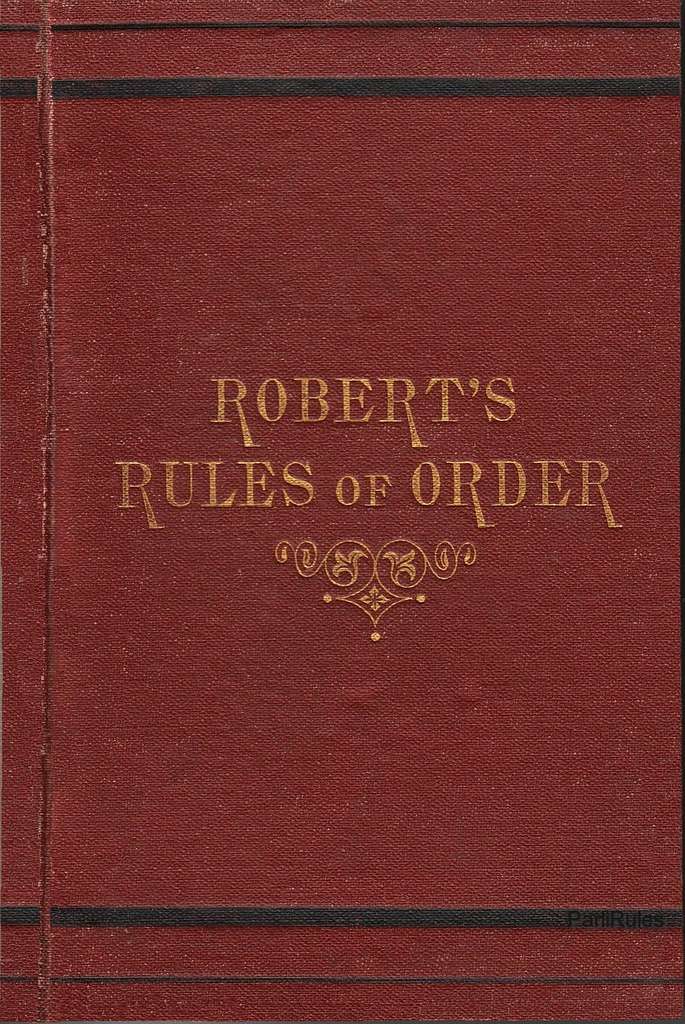Procedural Failures, Political Machinations: A Night at the SF DCCC
2025-04-24Last night’s meeting of the San Francisco Democratic County Central Committee (DCCC) was a procedural train wreck—a proverbial circus that would be amusing if it didn’t undermine trust in how San Francisco’s Democratic Party operates.

I was there to support a resolution I helped develop: The Resolution Calling for Accountability and Budget Responsibility in Corporate Tax Disputes. It’s a straightforward proposal. In a city facing an $817.5 million budget shortfall, the least we can do is call out corporations like Airbnb and Uber for suing the City to avoid paying taxes that fund basic services like mental health care, homelessness programs, and public hospitals. Simple enough.
Despite what is at stake, the meeting descended into procedural chaos. The resolution’s principal author had sent a proxy, who was allowed to vote on multiple items, including the meeting agenda and minutes. But after a long and passionate public comment period (much of it in support of this resolution), the Chair retroactively rejected the proxy and declared the member’s absence “unexcused.” This was a clear violation of basic meeting procedure: proxies must be validated before any votes are cast. The decision also conveniently excluded the principal author from participating through his proxy in the discussion and decision-making on his own resolution.
But it didn’t stop there.
During deliberation on the resolution itself, a motion was made by one of the resolution’s co-sponsors but was never clearly seconded. According to Robert’s Rules of Order, which the DCCC formally adopts, a motion cannot be debated or acted on unless it receives a second. Instead of resolving this, the Chair permitted a motion to table the entire resolution until the next meeting (and even called for a second and a vote on it!) without ever addressing the original motion. It was an astonishing breach of process, the kind of thing that wouldn’t fly at any union political meeting I’ve ever been part of, let alone the governing body of the city’s Democratic Party.
Ultimately, the resolution passed, slightly amended. But the process was unnecessarily painful, and frankly, disrespectful to the values of democratic and participatory governance; a textbook example of why rules of order exist in the first place.
And let me be clear: Airbnb, Uber, DoorDash, and other corporations should pay their taxes. That this idea is in any way controversial in a body that claims to represent working families is straight up embarrassing.
You can watch the meeting yourself here.
Do you like this post? Buy me a coffee.